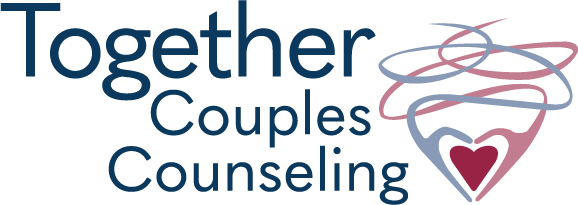Conflict is a part of every relationship, but how you handle it makes all the difference. Many couples fall into predictable patterns when disagreements arise, often without realizing the damage those patterns create. Relational Life Therapy (RLT) offers a clear framework for understanding these dynamics and shifting them into healthier, more productive ways of relating.
Avoiding the Issue
One common response to conflict is avoidance. You might tell yourself that staying quiet will keep the peace, but in reality, unspoken frustration tends to build. Over time, resentment can surface in indirect ways—sarcasm, withdrawal, or sudden outbursts.
What to do instead: In RLT, avoidance is replaced with honest, respectful communication. This means bringing concerns to the table directly, but without blame. Talking about your feelings and thoughts rather than accusing them of something invites dialogue instead of defensiveness.
Escalating with Anger
Another frequent pattern is escalation. When emotions run high, it can feel easier to raise your voice, make sharp remarks, or bring up past grievances. While anger can be a normal emotion, expressing it destructively damages trust and safety in the relationship.
What to do instead: RLT emphasizes accountability. If you notice yourself escalating, pause and take responsibility for your tone. You can say, “I need a moment to calm down so I can talk about this more fairly.” This shows respect for both yourself and your partner, while modeling the self-regulation that supports long-term connection.
Shutting Down
Some people handle conflict by shutting down. You might go silent, disengage, or physically leave the room. While this can feel like self-protection, it often leaves your partner feeling abandoned or dismissed.
What to do instead: Shutting down can be replaced with what RLT calls relational repair. If you need a break, explain it clearly: “I feel overwhelmed. I want to continue this conversation in 20 minutes.” Returning to the conversation communicates commitment and accountability, even when you need space.
Keeping Score
It is easy to fall into the trap of keeping score, where every mistake your partner makes gets stored away to use in future arguments. This approach creates a competitive dynamic where no one feels truly heard.
What to do instead: In RLT, couples are encouraged to focus on fairness and balance, not tallying wins and losses. Instead of saying, “You always do this,” shift to describing the current situation: “Right now, I feel unsupported.” This keeps the focus on the present and allows room for collaborative problem-solving.
Minimizing the Problem
Sometimes conflict is brushed off with phrases like “It is not a big deal” or “You are overreacting.” While this may reduce tension in the short term, minimizing your partner’s experience undermines trust and invalidates their feelings.
What to do instead: Practice active acknowledgment. Even if you see the issue differently, validate your partner’s perspective: “I hear that this is upsetting for you. Let’s talk about what we can do.” RLT teaches that respect and validation are non-negotiable in a healthy relationship.
Why Relational Life Therapy Matters
What sets RLT apart is its direct, honest approach. It does not gloss over harmful behaviors, nor does it encourage endless compromise without accountability. Instead, it helps partners break destructive patterns and replace them with respect, empathy, and repair. Conflict is no longer about winning or losing; it becomes a chance to strengthen the relationship.
Conclusion
Conflict does not have to weaken your relationship because it helps you recognize unhealthy patterns, which gives you the chance to make a better decision for your relationship. Couples counseling through an RLT lens provides the tools to practice accountability, respect, and repair—skills that bring couples closer rather than pushing them apart. If you and your partner want to learn how to handle conflict in a way that strengthens your connection, visit our couples therapy page to get started.




